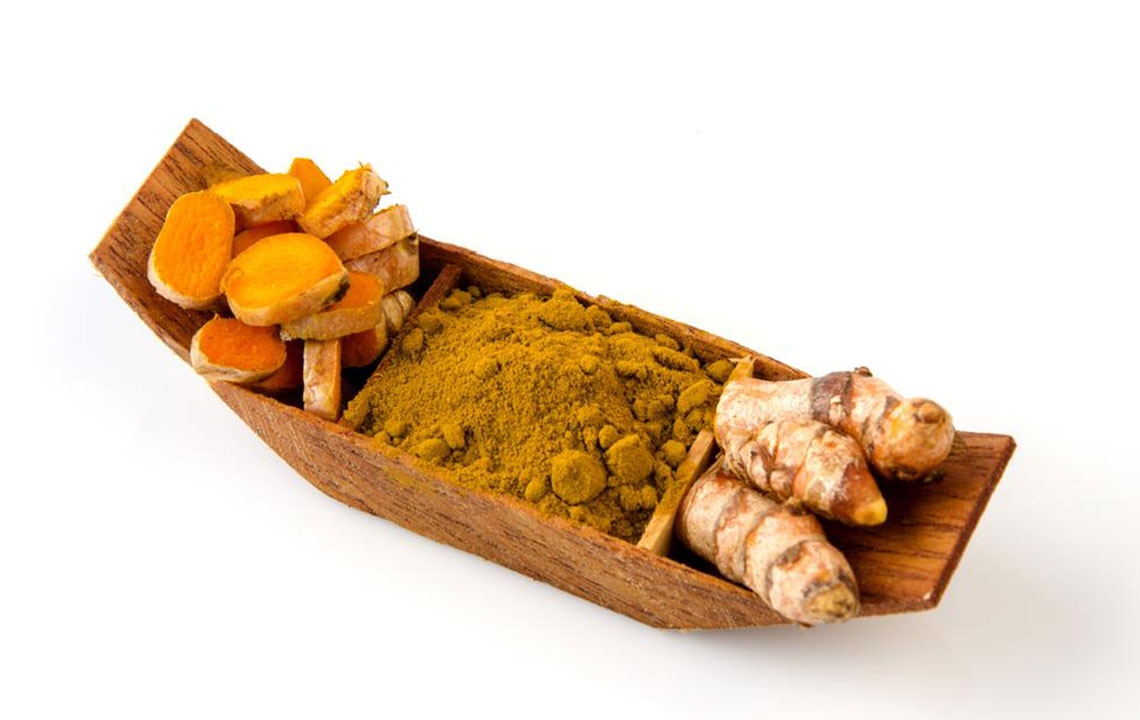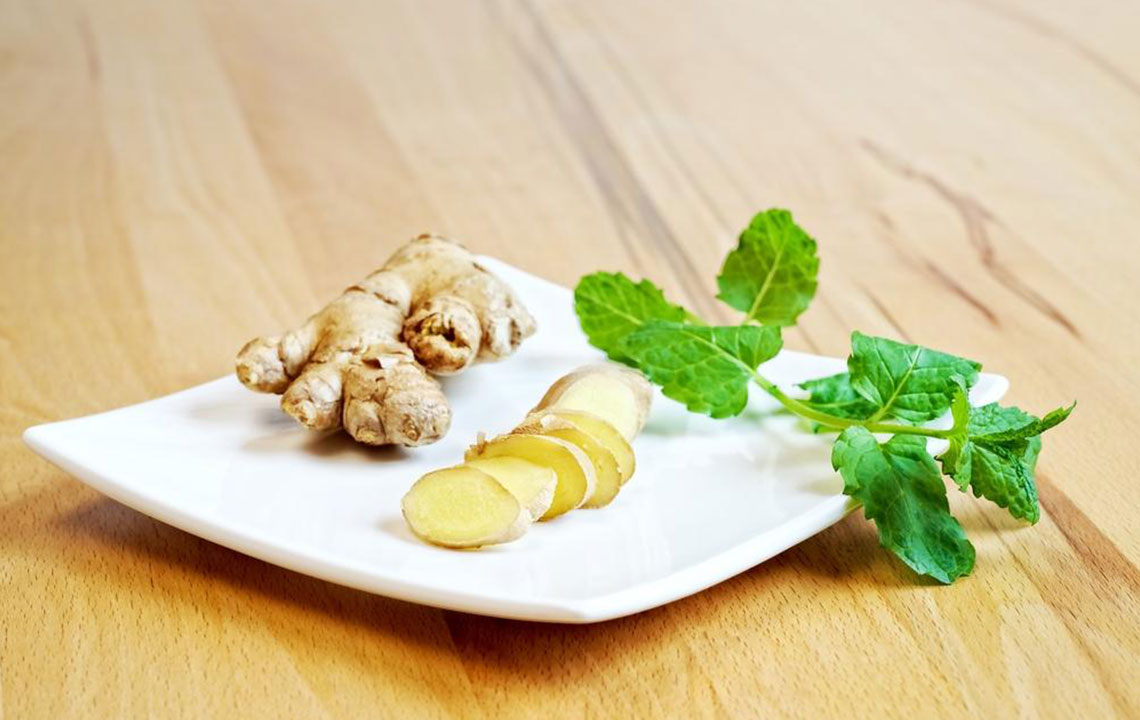Effective Natural Strategies to Manage IBS-D Symptoms at Home for Better Digestive Health
This comprehensive guide explores natural household remedies and dietary strategies to effectively manage IBS-D symptoms. Learn how fiber, herbal teas, probiotics, and stress reduction techniques can improve digestive health, providing relief from discomfort and enhancing quality of life. Implementing these natural tips offers a sustainable, non-invasive way to control IBS-D and promotes overall gut well-being.

Comprehensive Home Remedies to Soothe and Alleviate IBS-D Discomfort
Irritable Bowel Syndrome with diarrhea, commonly known as IBS-D, is a prevalent chronic digestive disorder that affects millions worldwide. Characterized by sudden and severe abdominal pain, frequent episodes of loose stools, and other uncomfortable gastrointestinal symptoms, IBS-D can significantly impact daily life and overall well-being. It is one of the four primary variations of IBS, classified based on stool patterns: IBS-D (diarrhea predominant), IBS-C (constipation predominant), IBS-M (mixed), and IBS-U (unclassified). Understanding the nuances of IBS-D and implementing effective home management strategies can greatly improve quality of life.
This article delves into natural, scientifically supported home remedies that can help soothe irritated intestines, reduce symptoms, and promote better digestive health. While the exact cause of IBS-D remains elusive, several factors such as irregular gut motility, gastrointestinal infections, food sensitivities, and genetic predisposition have been linked to its development. Lifestyle factors, including excessive alcohol consumption and inflammatory responses to certain foods, can exacerbate symptoms. Fortunately, incorporating specific dietary adjustments and stress management techniques can make a noticeable difference.
Recognizing IBS-D Symptoms
The hallmark of IBS-D includes severe abdominal discomfort, frequent episodes of diarrhea, and other gastrointestinal disturbances such as bloating, excessive gas, nausea, and sometimes headache or fatigue. These symptoms can be embarrassing and disruptive, affecting work, social life, and personal well-being. It is important to note that symptoms may vary in intensity and frequency from person to person, making personalized management essential.
Understanding the underlying triggers and implementing natural remedies can help mitigate these symptoms, offering relief without relying solely on medications. Though medical consultation is necessary for diagnosis and to rule out other conditions, adopting a proactive approach at home can be highly beneficial.
Dietary Adjustments to Ease Symptoms
One of the most effective ways to manage IBS-D is through dietary modifications. Key to this is incorporating fiber-rich foods that help regulate bowel movements. Soluble fibers, found in oats, apples, strawberries, and grapefruit, can absorb excess liquids in the intestines, reducing diarrhea and soothing the gut lining. Insoluble fibers from wheat, whole grains, and leafy greens promote healthy digestion and help prevent constipation, especially when combined with sufficient hydration. A balanced diet emphasizing these food groups supports gastrointestinal stability.
Probiotics and Gut Health Support
Consuming probiotic-rich foods like yogurt with live cultures can restore healthy gut bacteria, which is vital in maintaining digestive balance. Probiotics can reduce the frequency of diarrhea episodes and decrease harmful bacterial overgrowth, commonly linked with IBS-D. Regular intake of these beneficial microorganisms supports immune function and enhances gut barrier integrity, leading to fewer digestive disturbances.
Natural Herbal Teas for Digestive Relaxation
Herbal teas such as peppermint and chamomile are renowned for their soothing properties. Peppermint tea acts as a natural antispasmodic, relaxing intestinal muscles, relieving gas, spasms, and abdominal pain. Chamomile tea offers anti-inflammatory and calming effects, reducing gastrointestinal spasms and helping to regulate bowel movements. Incorporating these teas into your daily routine can provide gentle relief and promote overall digestive health.
Fennel Seeds for Bloating and Spasm Relief
Roasted fennel seeds are a traditional remedy for gastrointestinal discomfort. Daily consumption helps calm intestinal spasms, decrease bloating, and reduce mucus buildup, providing immediate comfort. Fennel's carminative properties aid in gas expulsion and help maintain a healthy gut environment.
Ginger for Inflammation and Bloating Reduction
Ginger possesses potent anti-inflammatory and digestive benefits. It relaxes intestinal muscles, reduces gas, and alleviates bloating. Fresh ginger or ginger tea can be easily incorporated into meals or consumed as a beverage to harness these natural benefits, improving overall gut motility and comfort.
Cabbage Juice as a Natural Laxative and Healing Solution
Cabbage juice offers a natural remedy for relieving constipation and decreasing mucus in the gut due to its healing and laxative properties. Rich in antioxidants and vitamins, it helps repair intestinal tissue, supports detoxification, and promotes a healthy gut environment.
Chamomile Tea for Soothing the Digestive Tract
Chamomile tea is a gentle, effective remedy for calming intestinal spasms and relieving diarrhea. Its anti-inflammatory compounds help soothe the digestive lining and promote regular bowel movements, making it a popular natural choice for IBS-D sufferers.
Bananas for Potassium and Digestive Balance
Rich in potassium and dietary fiber, bananas help regulate bowel movements by absorbing excess liquids, reducing diarrhea, and easing constipation. Their gentle nature makes them suitable for sensitive digestive systems, serving as a calming snack or meal addition.
Carrot Juice for Bowel Regulation
Carrots contain pectin, a natural soluble fiber that supports bowel regularity. Drinking carrot juice can help normalize stool consistency, reduce IBS symptoms, and promote overall gut health thanks to its nutrient-rich profile.
Flax Seeds as a Fiber and Omega-3 Source
Flaxseeds are an excellent source of dietary fiber and omega-3 fatty acids. Their inclusion in the diet can enhance immune function, improve digestion, and help manage diarrhea episodes, contributing to a balanced gut environment.
Steamed Lettuce for Gentle Intestinal Relief
Steamed lettuce is a simple yet effective food for soothing irritated intestines. It reduces inflammation and provides gentle nourishment to the digestive tract, supporting overall gastrointestinal comfort.
Healthy Pears for Digestive Assistance
Ripe pears, whether fresh or dried, contain fibers and nutrients that assist in relieving intestinal pain and easing digestion. Their gentle laxative effect aids in balancing bowel movements and reducing discomfort.
Stress Management for Symptom Reduction
Since stress can significantly worsen IBS-D symptoms, adopting relaxation techniques such as yoga, meditation, or deep breathing exercises can be highly beneficial. Managing mental health directly impacts digestive health and overall well-being.
Physical Activity to Boost Digestive Function
Engaging in regular exercise improves gut motility, reduces stress, and supports the body's natural healing processes. Even moderate activities like walking, yoga, or swimming can make a meaningful difference in symptom management.
Peppermint Oil for Spasm Relief
Peppermint oil capsules are an effective natural remedy for relieving abdominal spasms and pain associated with IBS-D. Their antispasmodic properties relax intestinal muscles, providing quick relief from discomfort.
Small, Frequent Meals for Better Digestion
Eating smaller meals more frequently throughout the day helps support smooth digestion, minimizes gastrointestinal overload, and reduces episodes of diarrhea or constipation. This approach promotes gastrointestinal balance and overall health.





